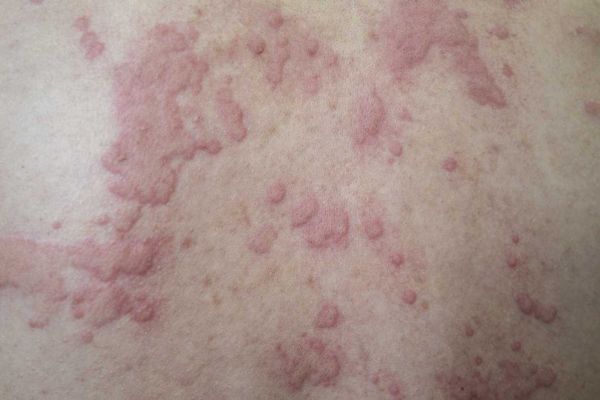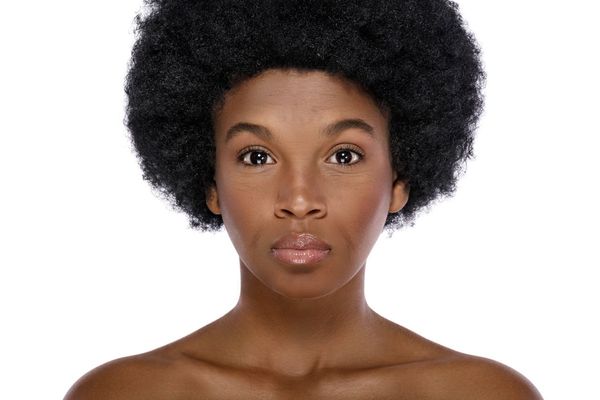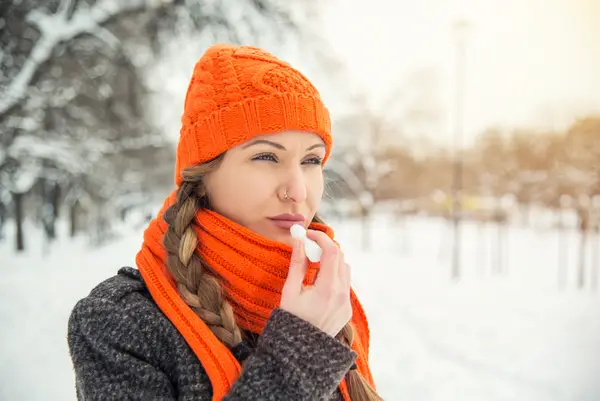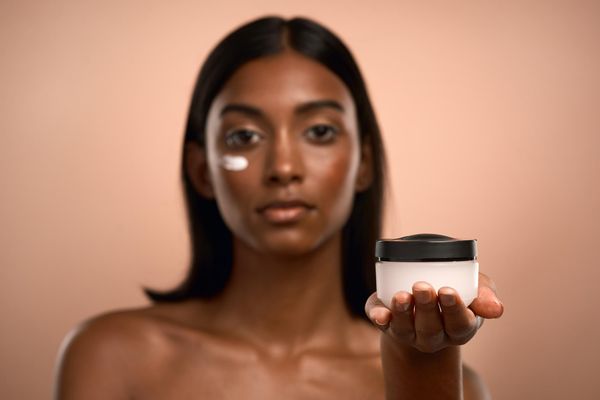It has arrived. You have a large pimple front and center on the day you have a big presentation. You slap on some cover-up and a statement necklace, in an attempt to draw attention away from your face. And you apply some extra deodorant since now you're sweating about your your speech as well as your acne.
But wait. Are you stressed because of your acne or is your stress causing your acne? Well, actually it may work both ways.
Acne causes anxiety
According to the American Academy of Dermatology (AAD), acne affects more than just your appearance. It can impact your emotional health. Studies have found that you can develop anxiety as well as depression, low self-esteem and decreased quality of life.
Kids, for example, can be bullied when they suffer from acne, which can be detrimental to their self-esteem. Teens may want to be alone and make few friends. It can make them feel on edge. Studies have found that teens with acne—even a mild form—may not try out for sports, participate in class or get a part-time job. That's all because they've said their skin makes them feel self-conscious, ugly or embarrassed.
So, it's not surprising that people with acne often develop anxiety or depression. And the longer the acne lasts (and it can worsen over time), the more it impacts one's emotions. Early treatment can help prevent acne from worsening and help clear the skin.
Anxiety causes acne
Anxiety can increase your symptoms and flare-ups if you're suffering from acne or other skin conditions like psoriasis or eczema. Researchers have found a relationship between stress and acne flare-ups, says the AAD. In response to stress, our bodies produce more androgens, a type of hormone. These hormones stimulate the skin's oil glands and hair follicles, which can lead to acne. That's why when we're under constant stress, acne can be an ongoing issue.
Indeed, stress alone isn't the cause of acne. Other factors like hormones and age come into play. But stress can trigger breakouts and worsen existing acne. Plus, when you're stressed, you sleep poorly, eat less healthfully and don't maintain your skin routines. That can all promote acne breakouts. (Read about foods to promote healthy skin.)
And when you're chronically stressed, some studies have found that your immune system heals slower. So, your acne breakouts may last longer and can lead to scarring when you're continually stressed.
The more you manage your anxiety, the better your skin will be. Talk therapy, meditation, tai chi, yoga and other coping mechanisms can help prevent your skin from suffering the brunt of your emotions. (Learn how to manage anxiety with self-care.)
- Skin Health ›
- How to Combat PMS Symptoms ›
- Signs of a Hormonal Imbalance ›
- Treating Rosacea: The Best Ways to Get the Red Out ›
- 10 Signs You Have a Leaky Gut—and How to Heal It - HealthyWomen ›







